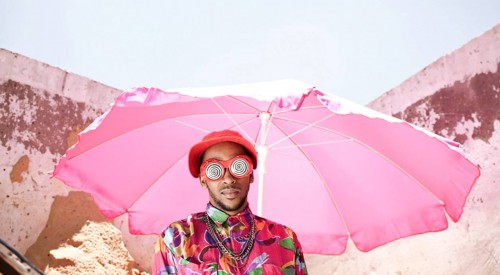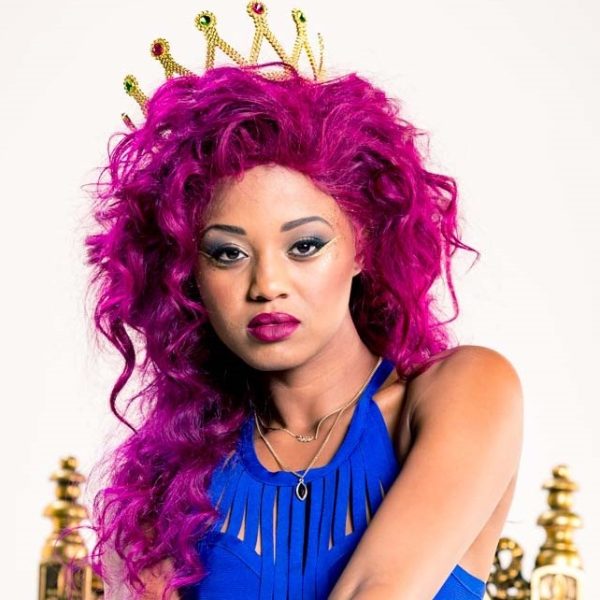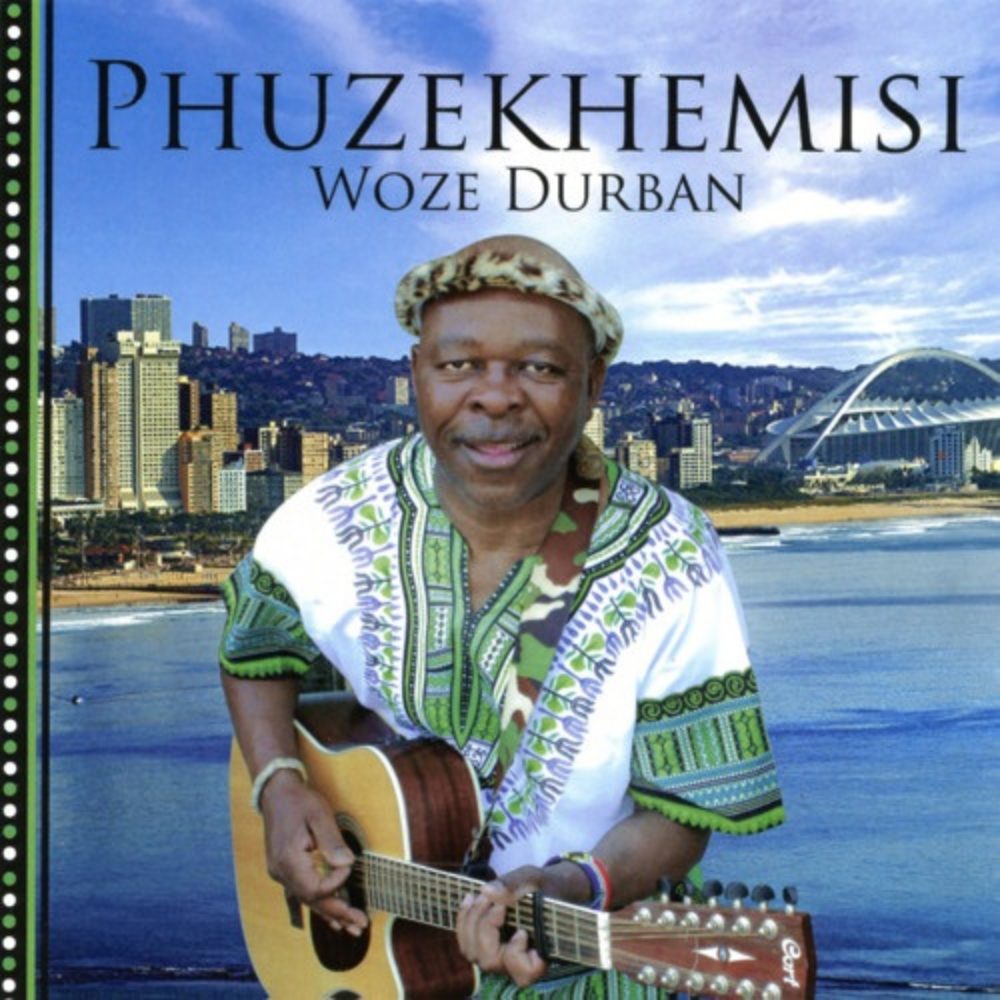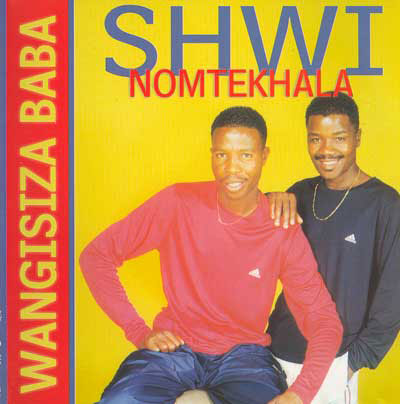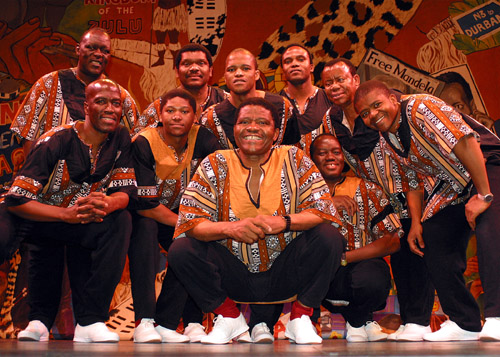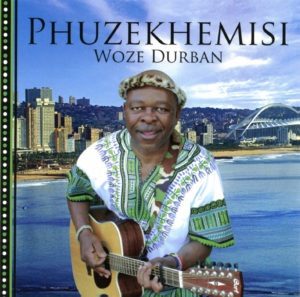
Yes, it’s the age of South African House, Afrobeats, Afro R&B and the likes, but roots music lives on in South Africa. This show updates the Zulu pop music known as maskanda, with a look back at its history and a survey of the current scene--rich musically, but troubled by fan rivalry that can lead to violence and even deaths. We’ll hear nimble ukapika guitar playing, heavy Zulu beats and bracing vocal harmonies. We’ll meet maskanda legend Phuzukhemisi and veteran South African radio broadcaster Bhodloza “Welcome” Nzimande, long a champion of maskanda music and a would-be peacekeeper in the fractious current scene. We’ll also hear from Zulu guitar legend Madala Kunene, and check out some of the recent gqom music that has largely replaced maskanda and other roots styles in the lives of young South Africans.
Produced by Banning Eyre.
Rebroadcast from May 2019.
Related Audio Programs
